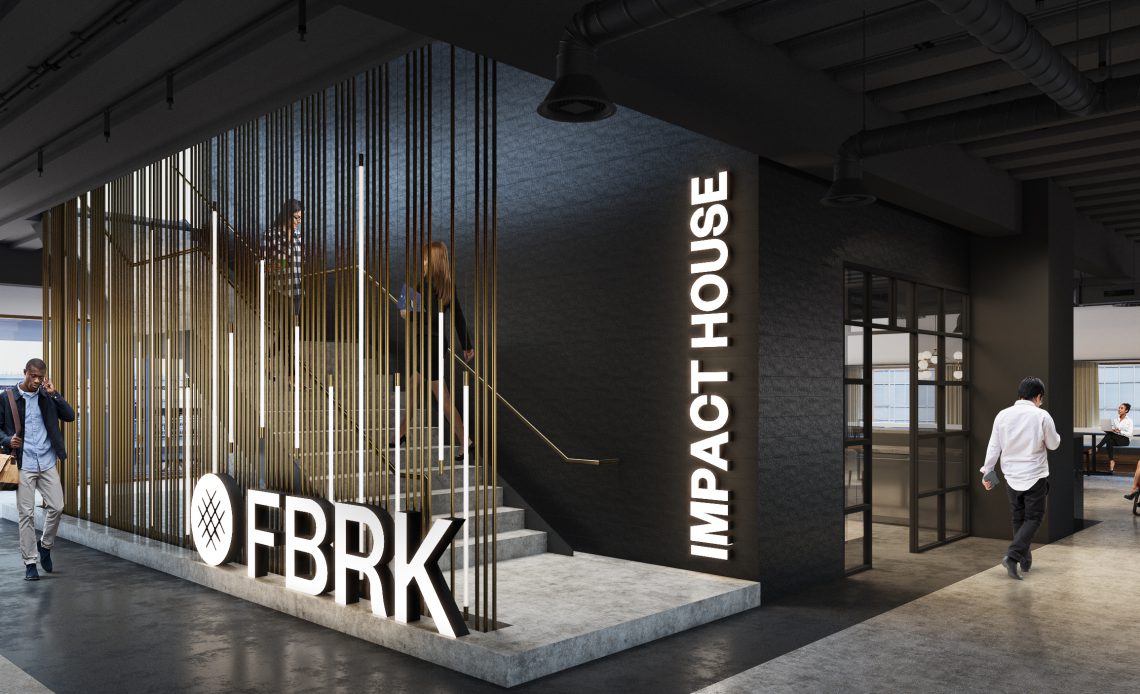
Industry Verticals Provide Benefits over Conventional Coworking Models
Larry Serota
Executive Managing Director
Occupier Solutions
A growing number of industries are interested in creating purpose-built ecosystems, adopting a workplace model that joins organizations bound by a common thread to vibrant innovation hubs. A benefit to both occupiers and landlords, the strategy accelerates leasing through targeted marketing within an industry vertical. Ecosystem occupiers can lower their real estate costs and increase efficiency through collaboration and shared back-office support, while landlords stand to boost marketing and enhance tenant retention.
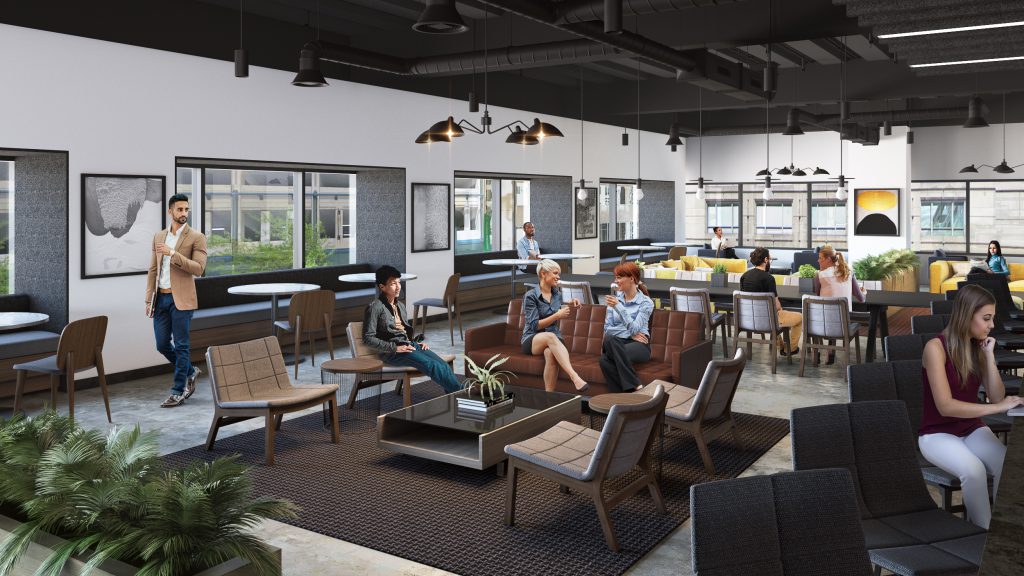
The Flexibility Trade-Off
In recent years, landlords and third-party providers have employed various forms of flexible leasing or coworking to fill spaces and answer tenant demand. This can boost leasing by appealing to the many organizations that have come to embrace the flexibility of short-term occupancy commitments.
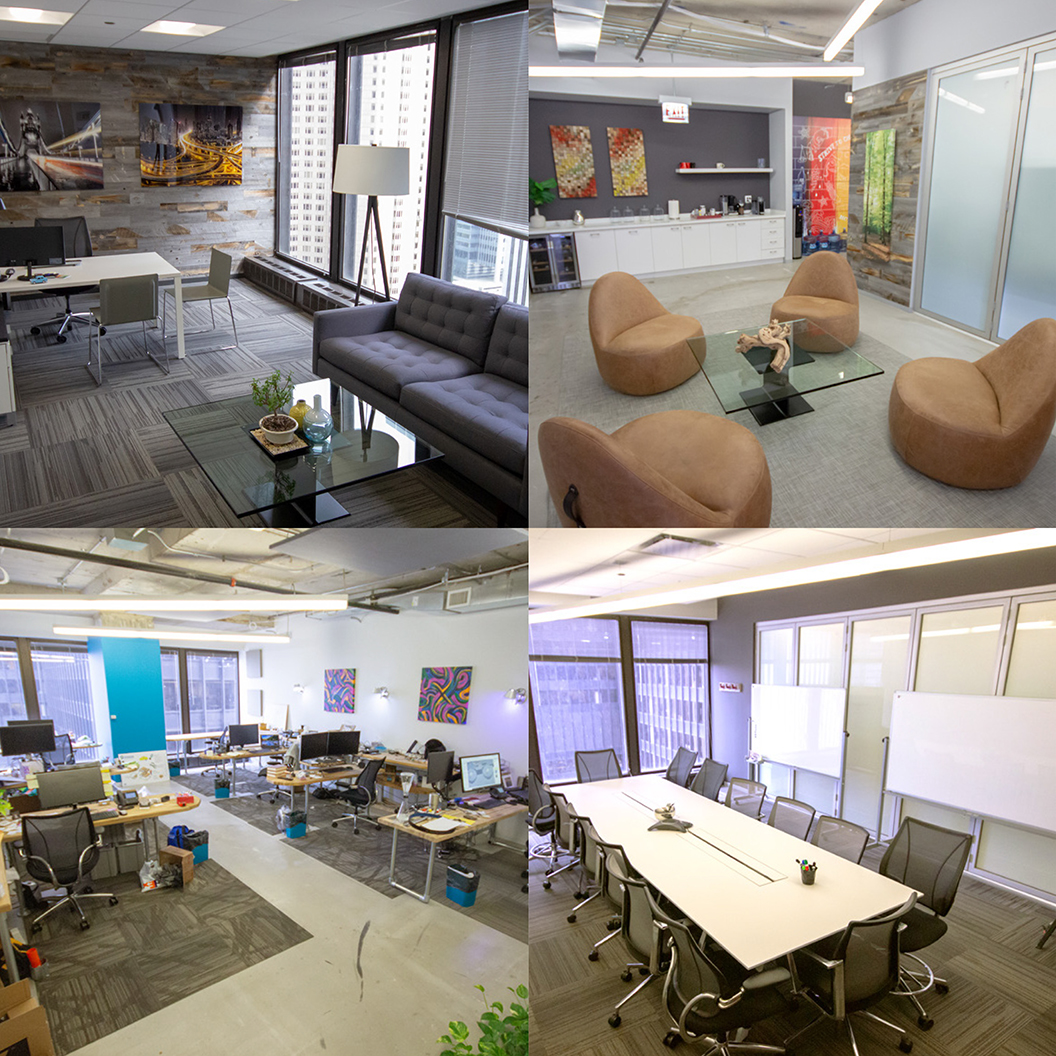
That flexibility poses an inherent challenge for many coworking providers and landlords because end users aren’t contractually tied to a space beyond a contract term that may be as brief as one month. Without a common purpose or sense of community, coworking tenants may not feel allegiance to one coworking provider or location over another. There is an ongoing risk those occupiers will be lured away by a competitor’s more attractive or lower-priced offerings.
A purpose-built office ecosystem offers occupiers the benefits of shared space as well as key advantages over conventional coworking models.
In this economic growth cycle, providers have typically addressed user-retention risk with amenity packages designed to keep occupiers coming back for more. As the economy slows, however, some investors worry that organizations and individuals may let their coworking memberships expire if their financial situations change. To compound the issue, WeWork’s highly publicized financial woes have created additional concern for landlords and tenants alike.
What would ease those misgivings would be an additional, enduring incentive for occupier allegiance. Preferably, that inducement would provide a unique connection to the subject property and instill in its subtenants a sense of belonging, a sense of being at home in their shared workplace.
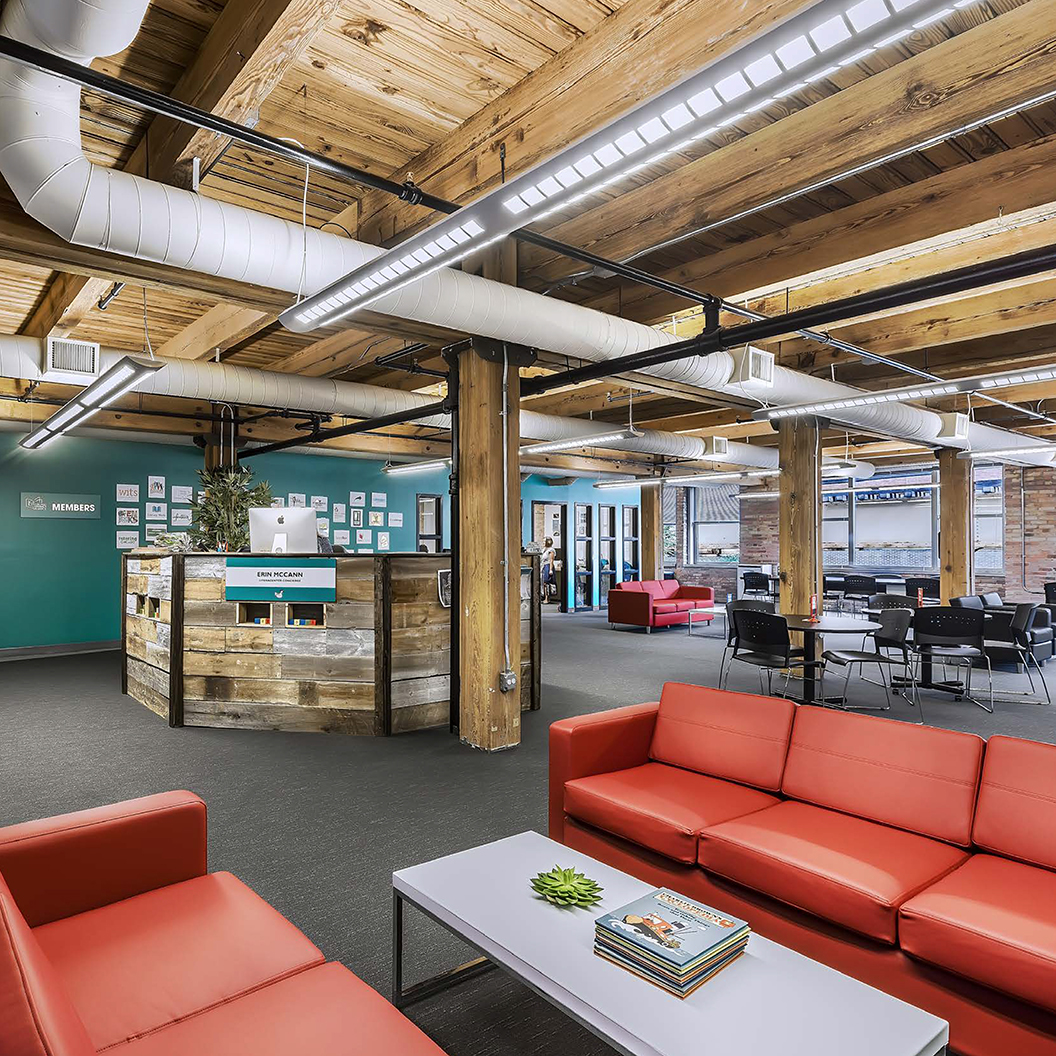
The Vertical Village
A purpose-built office ecosystem offers occupiers the benefits of shared space as well as key advantages over conventional coworking models. Like a business incubator, ecosystems foster innovation by bringing together like-minded people and organizations with common goals and missions. As relationships develop between the organizations, the convenience and efficiency of working in proximity increases the motivation to remain at the property long term. Transwestern has seen collaboration increase and, in some cases, mergers between organizations within these vertical villages.
Ecosystem tenants often find that shared services such as reception, event hosting and even fundraising are more compelling when aligned with a shared purpose. A service provider to a community of nonprofit agencies, for example, can include educational sessions on grant writing and volunteer coordination in its programming.
Locations populated exclusively by news organizations would have their own industry-specific preferences for shared infrastructure and programming. Journalists may appreciate a video editing lab and recording studios or private rooms to conduct interviews – amenities they are unlikely to find at a mainstream coworking facility but a potential draw for a news-oriented ecosystem.
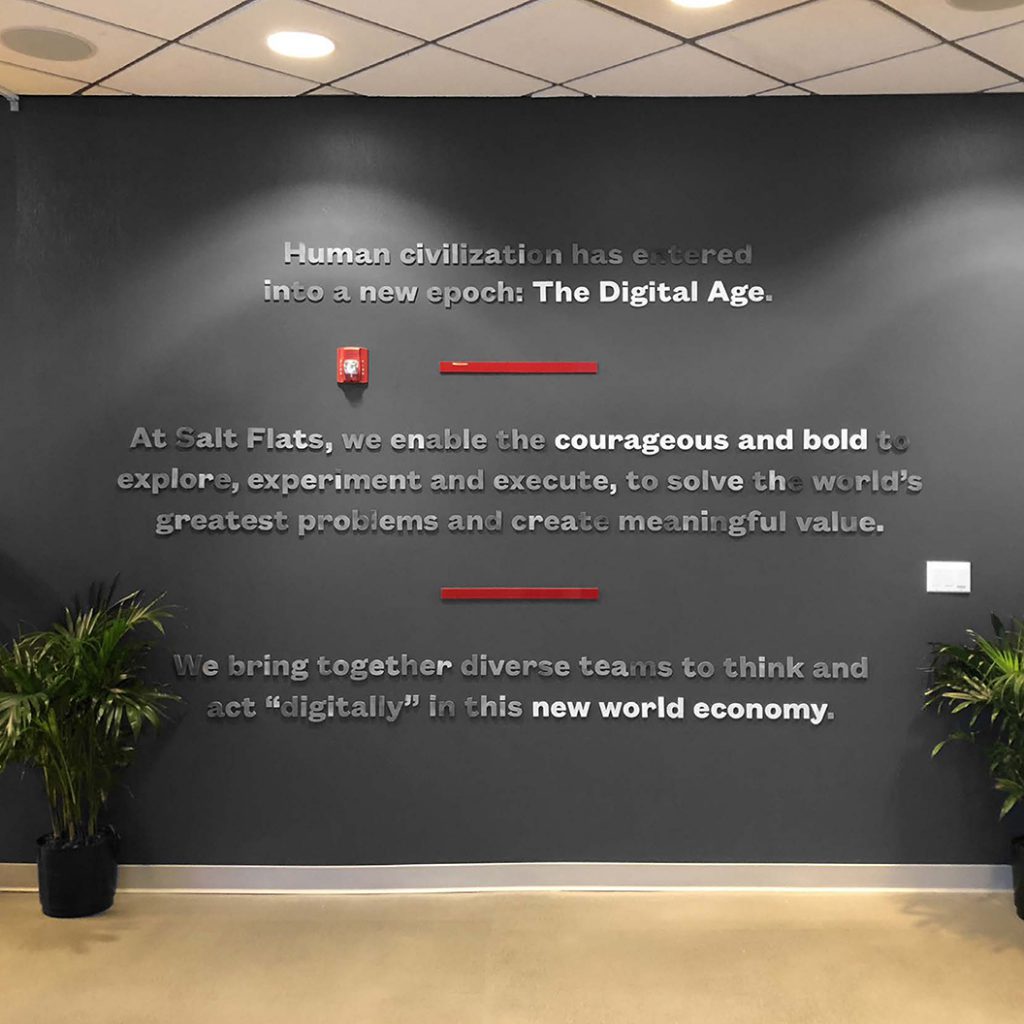
Landlord Advantages
Building owners and third-party coworking operators have several opportunities to mitigate leasing risk with an office ecosystem. In addition to working with occupiers that are highly motivated to retain their seat at the collective table, operators may find themselves with a waiting list of potential tenants, eager to move in when capacity comes available through expansion or the departure of a previous user. And, in many cases, these spaces are only a small portion of a larger office building, ensuring landlords are not overexposed in a single industry.
While the strategy works for an array of industries, it has proven especially appealing to nonprofit groups. Many nonprofits are burdened with administrative overhead, and when shedding traditional lease obligations, can devote more resources to the community and constituents they serve.
Success derives from finding a common thread that will connect like-minded people and organizations into innovative, purpose-built ecosystems.
Property owners may be able to place the ecosystem on a long-term lease by signing on one of the occupying organizations as a master tenant. The lessee is then free to sublet space or license for shared access with other organizations in an array of structures including anchor tenant subleases as well as smaller-scale member access agreements.
Some recent examples of this partner success include Civic Exchange, FBRK Impact House and Literacenter, a coworking hub in Chicago that brings together more than 130 like-minded literacy nonprofits into a shared home. The parent organization for Literacenter, the Chicago Literacy Alliance, was co-founded by Stacy Ratner, who spearheaded the shared workspace model.
“One of the most precious commodities in nonprofit work is time,” said Ratner. “Having more than 130 of our closest colleague organizations in one place at the Literacenter saves us untold hours of arranging and traveling to meetings — we just pick a table in the communal space, sit down, and get right to work on our shared cause of literacy in Chicago.”
Literacenter is comprised of 50,000 rentable square feet that blends a bookstore, offices, workstations and conference rooms. Transwestern handled everything from strategic planning to lease negotiation to coordination of donations for the space build-out. Since its launch, Literacenter has doubled its member organizations.
Transwestern’s experience demonstrates that a healthy office ecosystem exerts a tremendous magnetism upon organizations within a targeted industry vertical. In each case, success derives from finding a common thread that will connect like-minded people and organizations into innovative, purpose-built ecosystems.
A version of this article appeared in Propmodo.

LARRY SEROTA
Larry.Serota@transwestern.com
312.881.7038


Great article Larry. Congratulations on your amazing work!